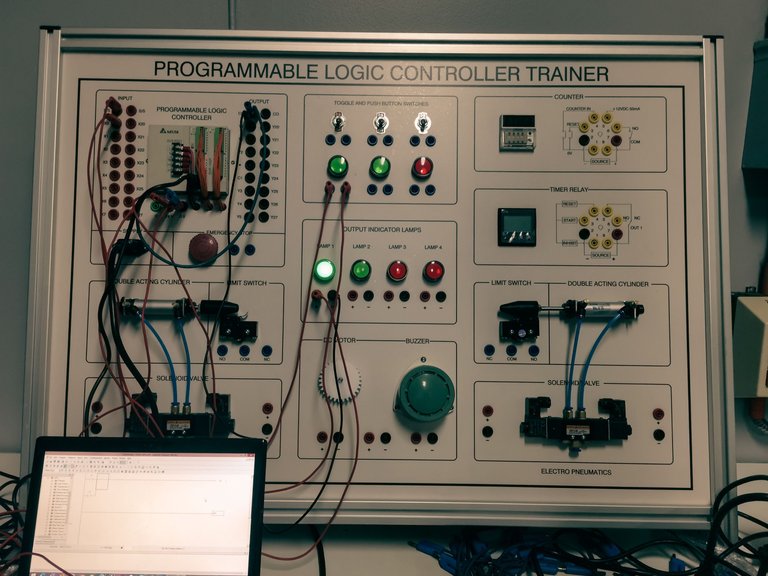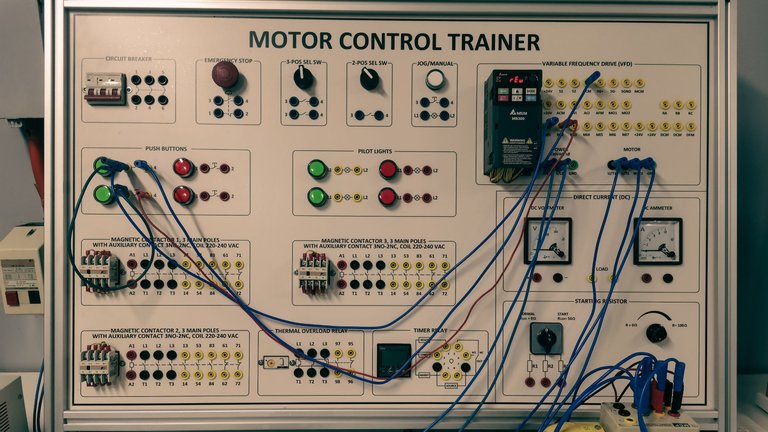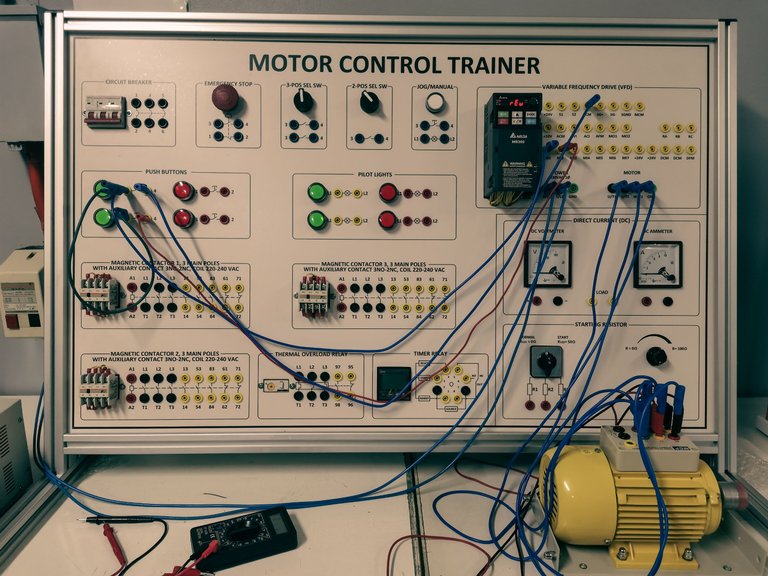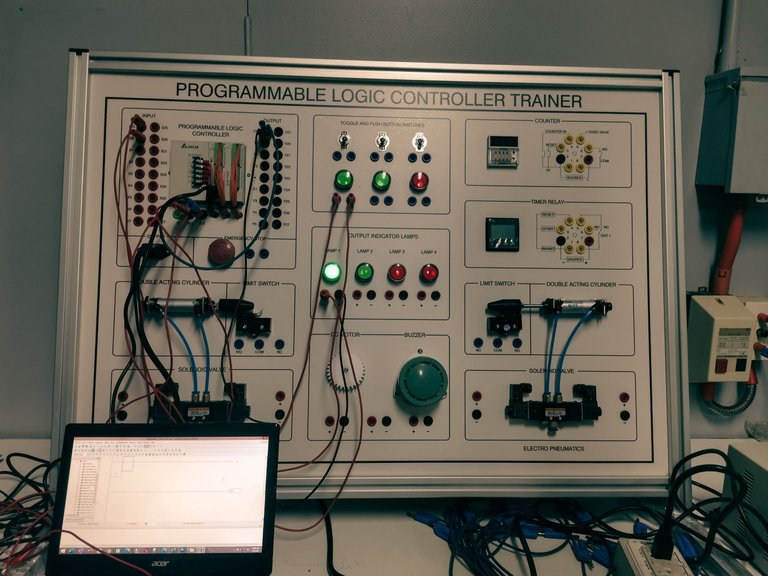Fail Fast, Learn More

I wouldn't say I enjoy failing, but I think I'm pretty good at it. I had a fair share of failures under my sleeves. Failure is arguably undesirable, and nobody enjoys failing. Failure looks terrible as we have the mentality to look wining as good. We are conditioned throughout our lives to believe it. We become calculative and afraid to take risks cause we fear failure. While most of us fear failure, failure can be an avenue to look at things from a different perspective and do better with experience.
Undeniably, the more experience we had resulted in better outcomes. People grow from their failures but at a different pace. Some discover what is not working earlier than others. Fail faster is an idea to speed up the experimentation by adding more risk to know what works and not faster. Failing fast enables us to discover what works early in the process. The sooner we learn about our failures, the sooner we can work out solutions to make them better. Failing after some time has passed should give time to reflect on what went wrong and come back even stronger the next time to succeed. But, remember, it is not good to fail without adapting to that failure.
Most of the time, we fail because we are not ready yet, haven't understood enough, and put lesser work than needed. When we adhere to fail fast design thinking, we explore the unknown and seek answers where none exist. We put in the time and effort required, and it fails, we learn something and adopt a new perspective in addressing it. Failing fast doesn't mean less time, but we take enough time to observe our solutions or products. It is about experimenting with more risk involved rather than playing it safe.

Many failures, One Success
We can't deny that failure teaches us lessons, but we note that it is more about finding answers to concrete questions. Even though fail fast advocates fast pace experimentation, it doesn't compromise on a decision. It takes a deliberate route, carefully understanding the risk involved and new solutions. When exploring the unknown, when we don't know what we don't know, failure works and boosts how we understand the work we are doing.
Don't get me wrong. I am not glorifying failure as supposedly fun and worthy of celebration. It's not something we should be proud of achieving. Again, we can learn a lot from our failures, but we should stop acting as if it's a good thing. Failure stinks no matter how we slice it. It means we did not achieve the goal we set for ourselves and projects and did not find the solution for our problem. At the same time, we should not stop trying again, over and over, for the goals we want to achieve. Failure is not a reason to give up and redirect us to make things better.
There is a value in failing repeatedly and quickly. It allows us to move on from that missed attempt much faster, allowing us to focus on the next effort, which will produce better results without expending unnecessary energy and resources on ideas and concepts that do not deserve that level of devotion. People throughout history have failed in their attempts to innovate and are known for succeeding expectations after failure.
Fail fast reflects on winning by not selecting winning ideas but investing more in finding gems from losing ideas. Success is a byproduct of willingness to work harder than others, not because we had good ideas but find opportunities from failed experimentation. That is more important than ever. However, there are pitfalls in adhering to 'fail-fast' thinking. It encourages us to innovate without thinking carefully about their ideas. Even though failing faster expedites the learning process, it is still within the boundaries of careful thinking that is needed to reduce the chances of failure.

Visiting the Lab
Last week I went to the university laboratory to test out new experiments and training modules that I developed. The task was quite a hustle since I needed to cut the time frame to half than usual due to the restrictions placed in the pandemic. I used to design experiments and was aware of the specification of a new programmable logic controller but somehow got lost with technicalities to integrate it with our existing process controllers. I am familiar with the equipment but somehow got rusted over the years without handling them. While the experiments that I developed focus on how well the PLC and PID controllers adapt to erratic system behavior.
One or two modules don't behave as designed. Instead of introducing erratic behaviors, it quickly stabilized and defeated the purpose of the experiment. Learning that one or two modules don't work, I test run new scenarios that fit what I want to achieve. Some experiments yield unfavorable results, but I drew good observations of what works well. It speeds out the evaluation process, cutting my testing time to one day instead of three.
When we welcome failure as a guide to redirect to a new approach, it speeds up the work we do. I was pleased with the result and bound within what was necessary to fill the learning gap from the theories. While the initial modules don't work, finding opportunities through careful experimentation helps finalize the work. Fail fast advocates the riskiest assumptions first before checking on details. It helps me understand what is wrong without compromising the work done so far. Fail fast is effectively refining things in real-time, but we should be careful in taking a risk. We take risks we can afford to lose. That is why we carefully decide the risks that weigh more because we know what we observe most.

Don't fail to learn.
Failing fast opens our minds that failure is an avenue to learn and confront an idea if it works or not. When we tend to focus on the success stories, no one succeeds overnight. Failure always hides in the closet for every success story, but looking at how they fail and rose from their failure, offers more things to reflect on. I said it before, but let me repeat, we fail sooner to learn and move on to achieve what we meant to achieve, sooner.
When we fail fast, we become more resilient not only allows us to overcome adversity, and allows us to grow and even improve our life along the way. Neuroscience agrees that there is one way to overcome our fear but confront it and develop emotional resiliency. Failure is not something to be afraid of, but we view it as necessary for our learning process. Failure unlocks a plethora of once-in-a-lifetime experiences.
Failure is critical for innovation, but there must also be a degree of caution. We take risks that we are willing to accept when things go south. We recognize and accept failure. When we take charge of it, we learn valuable lessons to make ourselves better, but let us not glorify it. Somewhere along the way, failure can be addicting, and we forget that the ultimate goal is always a success.
| Readings |
|---|
| 1. Nora Draper, Fail Fast: The Value of Studying Unsuccessful Technology Companies. Published on Media Industries, University of Michigan |
| 2. Robert Spagnola and Tom Yagos, Driving Out Fear in the Nontraditional Classroom: Five Practical Strategies From Neuroscience to Build Adult Student Success, Published on Adult learning, Sage Journal |
| 3. Chris Palmer, SpaceX Starship Lands on Earth, But Manned Missions to Mars Will Require, Published on ScienceDirect |
https://twitter.com/juecoree/status/1494891133616357377
The rewards earned on this comment will go directly to the person sharing the post on Twitter as long as they are registered with @poshtoken. Sign up at https://hiveposh.com.
Failure is always a learning opportunity for me and if I were to get 1 dollar for every failure in this lifetime, then I might already be a millionaire by now. 😁
!PIZZA
To add your statement on failure, it also reminds us that we are not there yet and we still nave room to improve. On a side not, I may have millions too if every failure pays a dollar. Enjoy some !PIZZA too.
😁😁😁
PIZZA Holders sent $PIZZA tips in this post's comments:
juanvegetarian tipped juecoree (x1)
juecoree tipped juanvegetarian (x1)
@juecoree(1/5) tipped @goldgrifin007 (x1)
Join us in Discord!
Dear @juecoree , Are you an electrical engineer?
I agree with you! I think it's important to have the mindset and behavior that we admit our failures and accept them as steps on the way to success!
Yes.
Indeed. It is important to access that sometimes we fail and failure isn't a sign of weakness, but just a simple reminder that we need to change something, either our approach or perspective.
Enjoy a slice of !PIZZA.
Yay! 🤗
Your content has been boosted with Ecency Points, by @juecoree.
Use Ecency daily to boost your growth on platform!
Support Ecency
Vote for new Proposal
Delegate HP and earn more
Thanks for your contribution to the STEMsocial community. Feel free to join us on discord to get to know the rest of us!
Please consider delegating to the @stemsocial account (85% of the curation rewards are returned).
You may also include @stemsocial as a beneficiary of the rewards of this post to get a stronger support.
I appreciate the support @stemsocial.
Trials and errors consist definitely of an important way to go further in science. We try something and it does not work. Then we learn from it and use it as a guidance to move forward, as you have explained nicely in this blog.
As an interesting fact, this also works for theoretical studies (in particle physics, but probably in science in general). For instance, failing in building a viable framework provides guidance on how a realistic viable theory should be, relative to data.
Cheers!
Indeed! Trial and error is the breed and butter for science (either applied or theoretical) to grow to what is is today.
!WINE
Hi @juecoree, You Have No Enough WINEX Tokens To Make A Successful Call.
Please Stake at least 25.000 WINEX Tokens.
(We Will Not Send This Error Message In Next 24 Hrs).
Contact Us : WINEX Token Discord Channel
WINEX Current Market Price : 0.321
Swap Your Hive <=> Swap.Hive With Industry Lowest Fee (0.1%) : Click This Link
Read Latest Updates Or Contact Us
As someone who tries to please people, I have always been in love with the concept of constant perfection and excellence in everything I do. I've always nailed my math and science subjects in Basic Education, but when I went to college, I didn't realize how much I didn't know and how unprepared I am to know them. I especially learned that doing laboratory work in my classes would question my self-worth a lot of times, and I keep getting failing marks. I have been a goal-getter, and experiencing even a small bump in the road has always been a huge trigger of self-pity. It's a feeling I despite a lot.
Now, after many disappointments and failures that passed by me, I feel a certain sense of numbness. The anxiety is lesser and I have the drive to move forward and actually make results rather than wallow on my self-worth is. I think all my failing experiences allowed me to have a healthier mindset, especially as a teacher and as a science person.
It takes a lot of humility to have actually grown. In fact, I never view it as "failure" anymore. I believe there are just two things: success and opportunities for growth.
Trial and error has definitely been an instrumental way of learning for humanity for many centuries.
The only sad area where trial and error becomes dangerous is in medicine... most times, the error in the trial is the life of someone at stake...
Of course, medicine grew to use animals as test studies...
But it never changed the fact that a lot of people gave their lives as laboratory testing subjects.